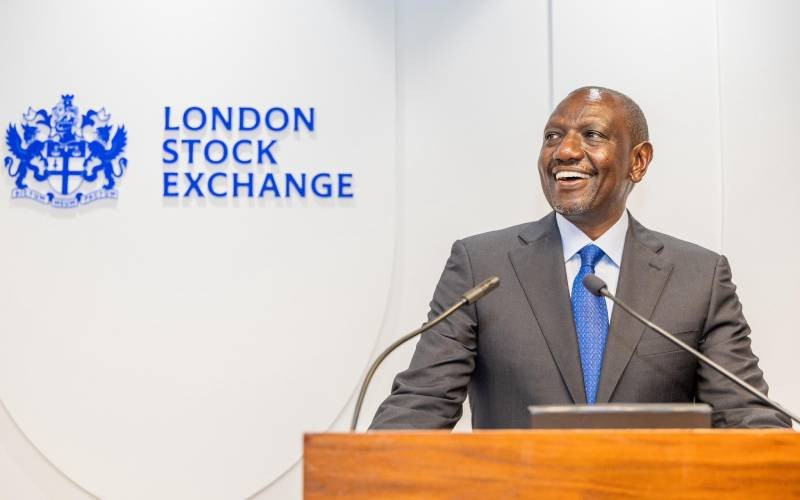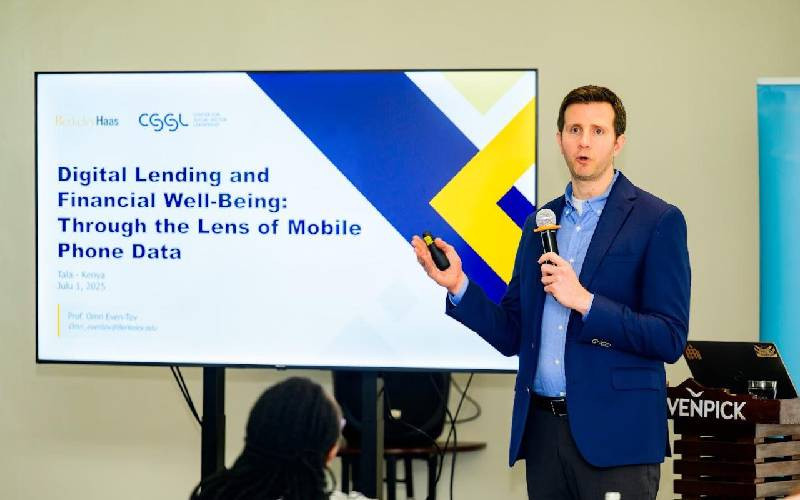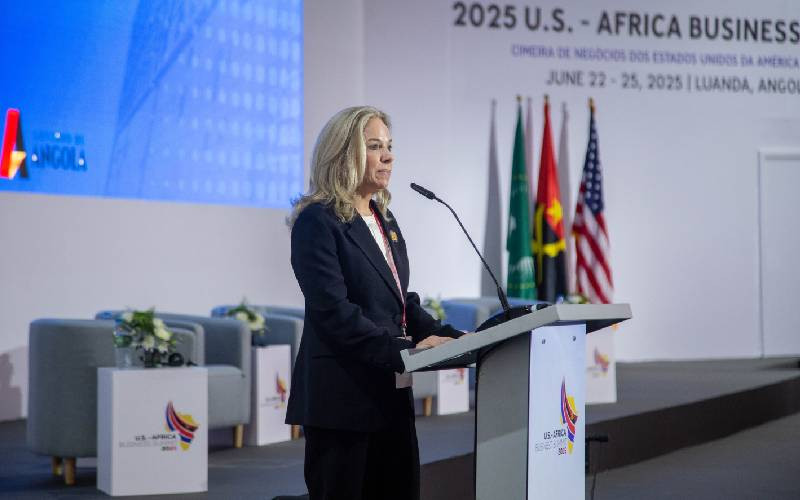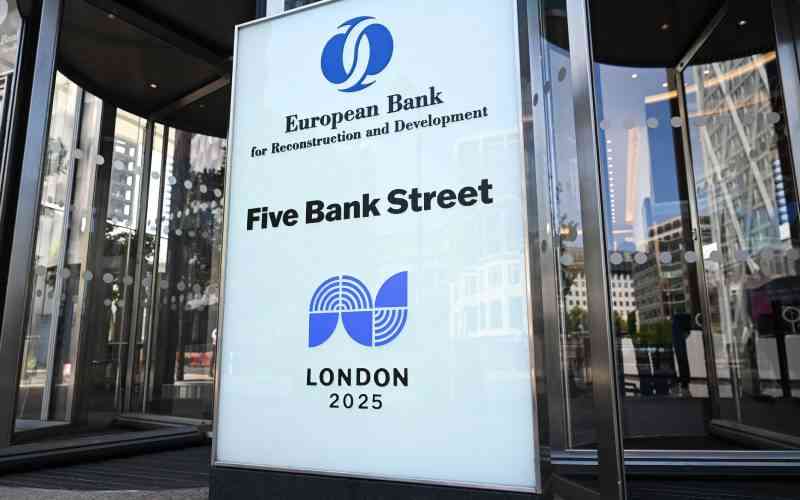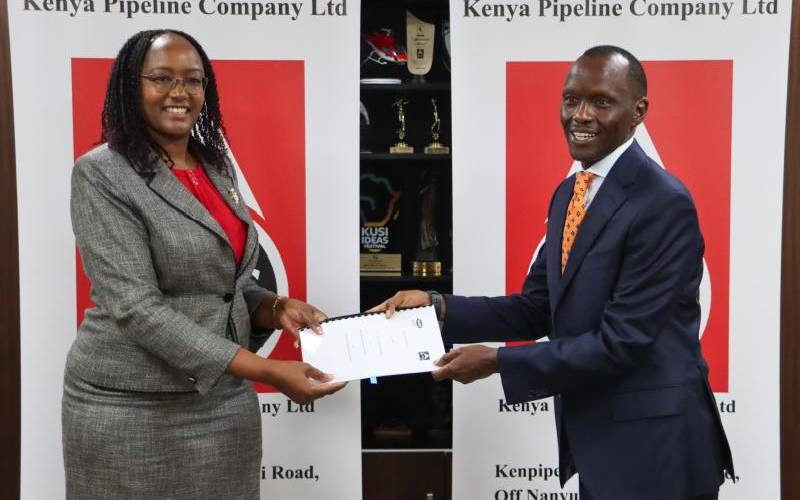
The recent licensing of more digital credit providers is expected to spur credit growth to small businesses that are often overlooked by big market players.
On June 5, the Central Bank of Kenya announced the approval of 41new digital credit providers (DCPs), bringing their number to 126. Another 27 were licensed in October last year.
“CBK has received more than 700 applications since March 2022 and has worked closely with the applicants in reviewing their applications.
“Additionally, CBK has engaged other regulators and agencies pertinent to the licensing process, including the Office of the Data Protection Commissioner,” the bank said in a statement.
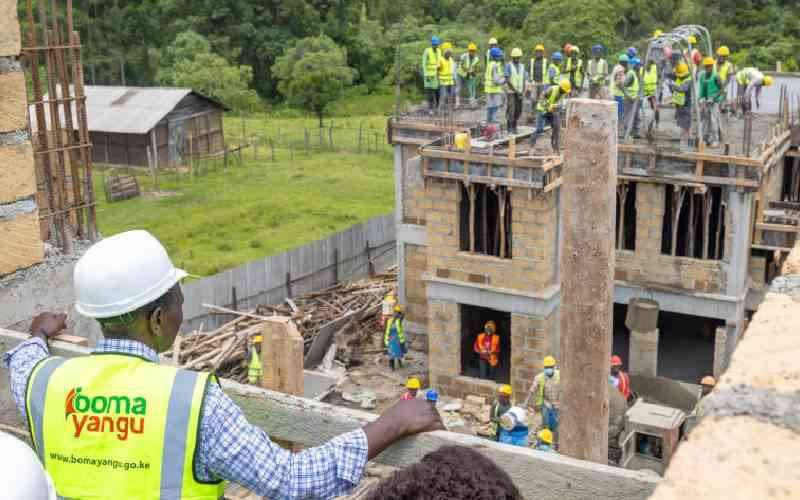
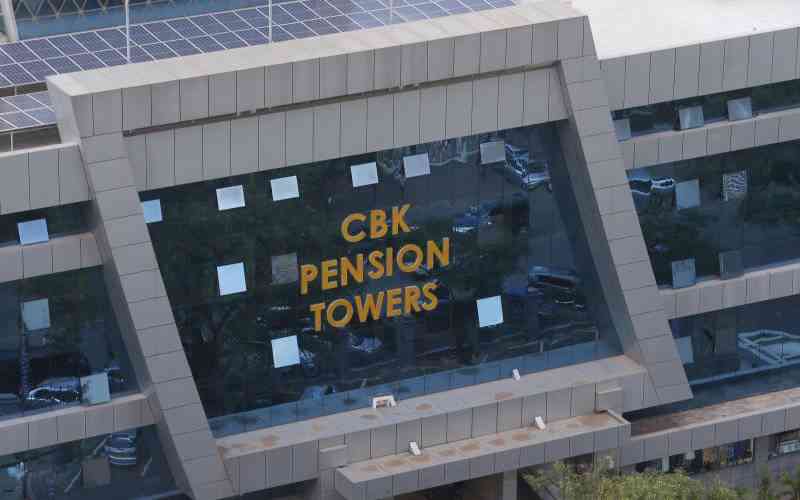
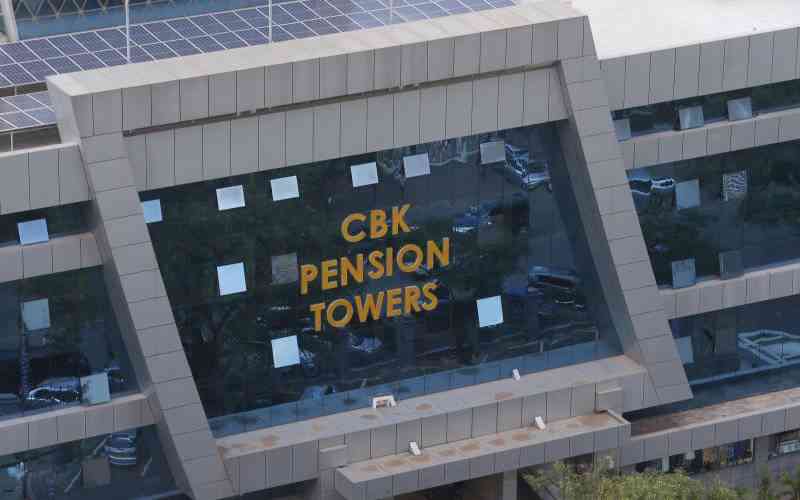

DCPs are non-deposit-taking financial institutions that offer short-term loans through digital platforms such as the internet or mobile apps.
According to the Central Bank Act, 2021, any person in the digital credit business is required to apply for a licence from CBK.
CBK said engagements with applicants have covered issues such as business models, consumer protection and fitness and propriety of proposed shareholders, directors, and management.
“This is to ensure adherence to the relevant laws and, importantly, that the interests of customers are safeguarded. We acknowledge the efforts of the applicants and the support of other regulators and agencies in this process,” added CBK.
However, the success of DCPs depends on their operating under strict regulations crafted by CBK to root out unethical behaviour usually associated with some lenders.
These concerns, according to CBK, relate to the “predatory practices of the previously unregulated digital credit providers, and in particular, their high cost, unethical debt collection practices, and the abuse of personal information”.
The Digital Credit Providers Regulations, 2022 further prohibit sharing customer data with third parties, putting clients under duress, especially in cases of default.
“A digital credit provider (shall not employ) use of threat, violence or other means to harm the person, or his reputation or property if they do not settle their loans; use of obscene or profane language sent to the customer or the customer’s references or contacts for purposes of shaming them; access the customer’s phone book or contacts list and other phone records for purposes of sending them messages in the event of untimely payment or non-payment,” the regulations state.
The regulations further state that lenders should not post a customer’s personal or sensitive information online in order to humiliate the customer.
Stay informed. Subscribe to our newsletter
Recently, a number of Kenyans have shared distressing stories of how some digital lenders have called their relatives, warning them of consequences should the borrower fail to remit funds due.
Debt recovery
The regulations stipulate stiff penalties against such practices, including suspension or revocation of licences.
AVL Capital Group chief executive Andrew Kanyutu said the registration of more digital lenders will offer quick and convenient access to credit, and will streamline a sector that has been laden with suspicion.
“Concerns around predatory lending, privacy violations, and aggressive debt recovery have prompted regulatory intervention. CBK requires all digital lenders to be registered and compliant with new oversight measures,” says Kanyutu.
AVL Capital, a subsidiary of AVLC Group which is a mezzanine finance company based in Kenya but with operations in the East African region and the Southern African Development Community, was among the latest entrants into the digital lending business.
To close the credit gap, the firm plans to roll out new products tailored to individual borrowers, small businesses, and underserved communities by leveraging technological advances.
The firm said it has secured $100 million (Sh12.9 billion) for onward lending and other services with a further target of $500 million (Sh65 billion) in the next three years.
The first phase of the funding drawdown is expected in the third quarter of 2025.
It also plans to launch a multi-currency product to focus on the region’s utility funding as opposed to consumption, while tapping on the upcoming virtual asset regulation to expand its offerings across Africa through block chain technology.
Recently, the firm secured renewable energy funding totalling $500 million to support infrastructure development, clean power generation, and sustainable job creation across SADC member states for deployment across the SADC region.
